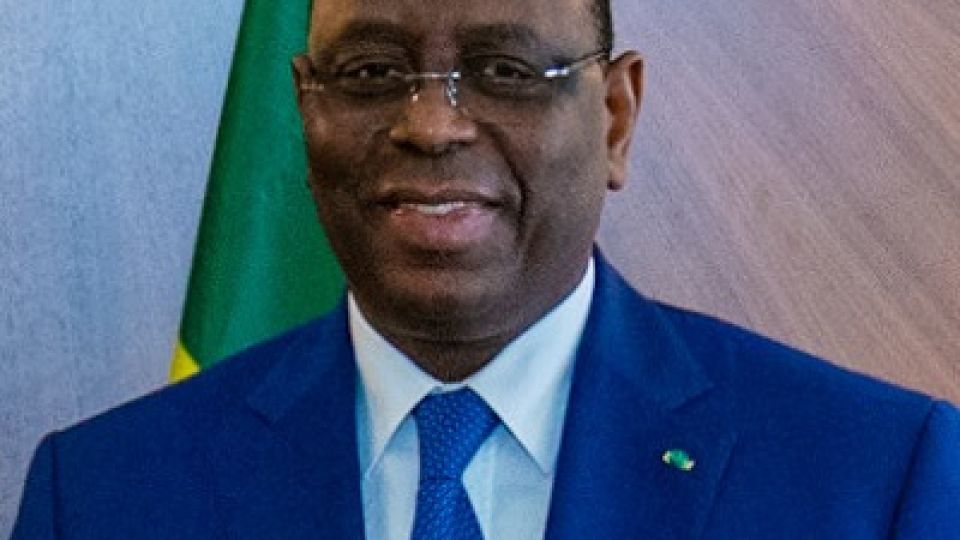from AMADOU NDIAYE in Dakar, Senegal
Senegal Bureau
DAKAR, (CAJ News) – HAD it not been for the recent controversial postponement of elections, Senegalese would by today have a hint who their next president is.
Elections were set for this past Sunday, in what is turning out to be a cumbersome exercise to succeed Macky Sall.
From a heroic leader who gained acclaim at a time African leaders were ignominious with forcing unconstitutional third terms, Sall is staring at one of the most hostile exits by a Senegalese leader as the country’s political crisis lurches on.
Senegal’s fourth president has reeled from hero to villain amid the circus surrounding the holding of elections.
A recent announcement that his mandate would end on April 2 as was constitutionally planned, instead of towards the end of the year, has failed to ease tensions in the West African nation.
It has not pacified a restless nation of 18 million people that is demanding the upholding of the constitution, as the president continues at the helm of a restive country whose proud standing as West Africa’s bastion of democracy comes under increasing scrutiny.
Early February, The government postponed the presidential election initially planned for February 25 until December 15.
On February 15, the Constitutional Court ruled the postponement was unconstitutional.
Last Thursday, Sall announced his mandate would end as planned on April 2.
He said that the election date will be provided after a two-day dialogue with all political parties and civil society groups on February 26 and 27.
Sall, in power since 2012, also announced the potential release of opposition figures, including Ousmane Sonko.
Their barring from contesting had also led to riots across the country.
However, while the announcement was expected to ease tensions for the time being, further protests remain possible across Senegal as long as no official election date is announced.
That is because polling day is unlikely to take place prior to April 2.
“This is not right. A dialogue cannot be above the constitution. Sall must set up a date as soon as possible as required by the constitution and the court order,” said the critic, Alioune Gueye.
Activists affiliated with the Aar Sunu Election (Let’s Protect Our Election) platform – an umbrella group encompassing several political parties, religious organizations, and trade unions – have been gathering in the capital Dakar.
On a rarely positive note, authorities had granted authorization for a recent march, which attracted thousands of participants and concluded peacefully.
This is in contrast to the string of demonstrations that have rocked Senegal in recent weeks.
Security experts warned of the beleaguered government’s maintaining security posture nationwide, particularly in Dakar and Ziguinchor, in the southwest.
Security force deployments are high near public squares, government facilities, and transport hubs, including the main Blaise Diagne International Airport (DSS) in Dakar.
“The potential for clashes between security forces and protesters is elevated,” an analyst warned.
It is feared the government would impose further telecommunications and internet restrictions while movement restrictions, including curfews, could be imposed in unrest-affected areas.
This has been the hallmark of the crisis in Senegal after the crisis around elections, which peaked when Sall based the postponement of elections after the establishment of a parliamentary commission investigating some judges of the Constitutional Council whose integrity in the electoral process the government contested.
This after the barring of some contestants from protesting but critics alleged this was a ploy by Sall to extend his mandate.
Senegal topped the agenda on Saturday at the Economic Community of West African States’ (ECOWAS) Extraordinary Summit that also discussed the decision of Burkina Faso, Mali and Niger to withdraw from the bloc.
Sall attended.
ECOWAS commended him for “the tremendous achievements in infrastructure and economic development he has realised as president of Senegal and for his invaluable leadership in Africa and the world.”
“The Authority (ECOWAS) calls on all Senegalese stakeholders to give priority to dialogue with a view to preserving the democratic gains of Senegal through a free, inclusive and transparent presidential election,” the commission stated.
Opponents accuse Sall of being dictatorial in the latter part of his reign.
Sonko, seen as the candidate with the biggest prospects of defeating Sall’s preferred candidate, Prime Minister Amadou Ba, has battled criminal charges critics say are trumped up to invalidate his candidature.
Sall, before endorsing Ba, had kept the nation guessing as to whether he would run for a third term, which would be unconstitutional.
That is the same Sall who, in 2016, received plaudits for supporting proposed constitutional reforms that would limit any president to two consecutive terms in office, and reduce the term of office from seven years to five.
That was in accordance with his pledge at the 2012 election.
The Constitutional Council refused to allow Sall to shorten his own term of office.
He was feted as a hero as his pledge came at a time were bent on forcing third terms.
Plans to impose unconstitutional term extensions resulted in conflict.
Thus, the leader to succeed Sall, whenever elections are held, faces a daunting task stabilising a country that has fallen from an exemplary democracy in a volatile region, to a time bomb.
– CAJ News

